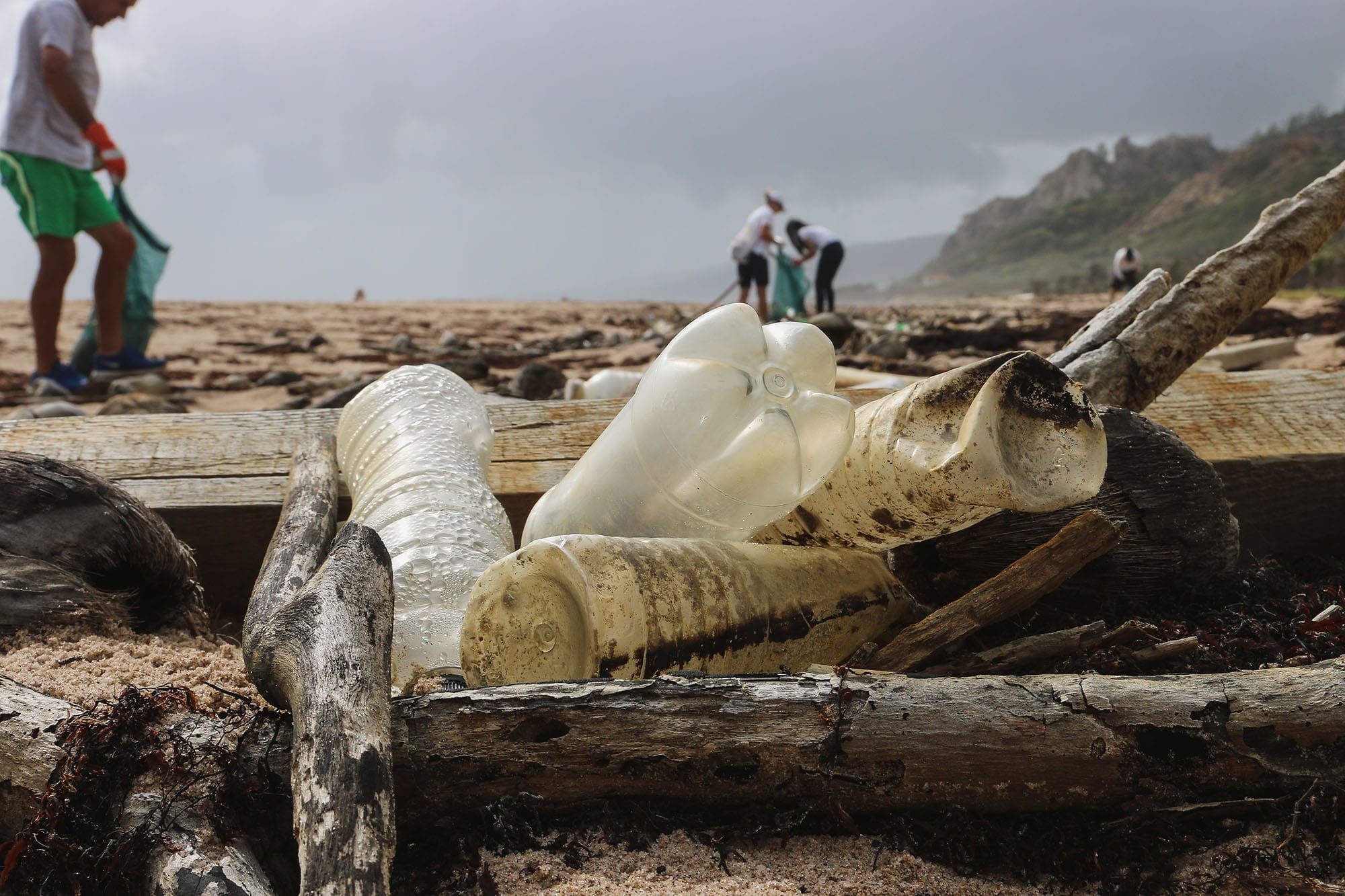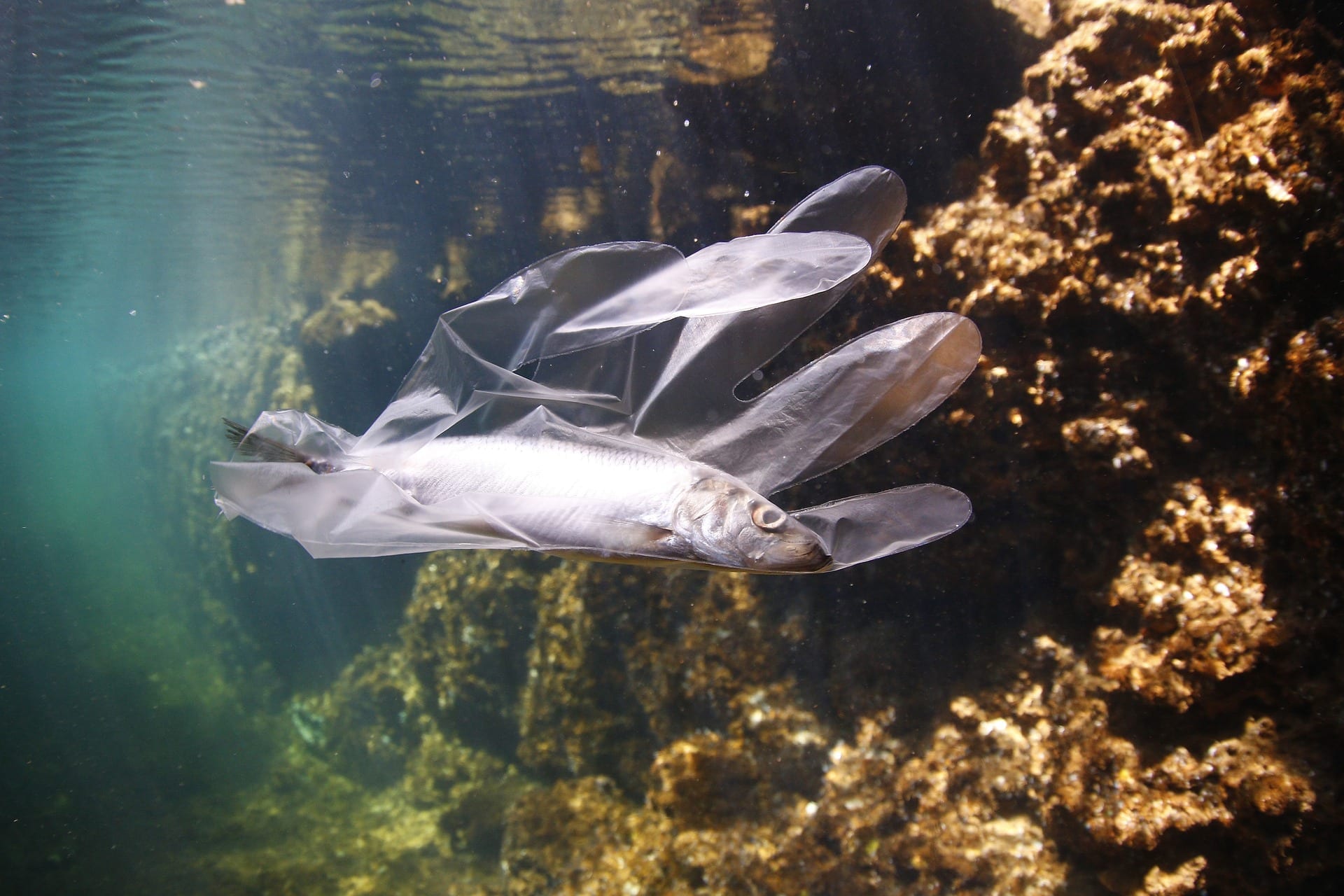Spain Turns the Plastic Tide
By 2050, the ocean could have more plastic than fish. While global movements such as Plastic Free July continue to gain momentum, we dive into campaigns that have helped pave Spain’s awareness and action to turn the tide on plastic.
There is an Indian proverb that says that the Earth is not a heritage from our parents, but a loan from our children. Achieving sustainable development will only be possible if we preserve our environment and care for it as the most precious asset we leave to future generations. However, we are not yet aware of the importance of this legacy, especially concerning our seas and oceans.
On World Environment Day the UN released chilling data: every year, up to 5 trillion single-use plastic bags are used and the last decade produced more plastic than in the entire century. Lastly, a million plastic bottles are bought every minute, and if the current trend continues, by 2050, the oceans will have more plastic than fish.
This Day, which has been gaining relevance since it began in 1974, revolves around a different theme every year. “The hour of nature” is the motto of 2020. Coinciding with the celebration of this event, UN Environment invited everyone, from individuals to governments, small and large companies, schools or NGOs, to organize and plan events that would become a worldwide movement to combat plastic pollution.
If current trends continue, by 2050, the oceans will have more plastic than fish.
The message of this World Environment Day is simple: Reject disposable plastic. If you can’t reuse it, reject it. Together we can chart the path to a cleaner and greener planet. The celebration of this day aims to raise awareness that we as people can change habits in our daily lives to reduce the heavy burden of plastic pollution on nature and even our health.
Long before the Paris Agreement, companies and organizations have been expressing their commitment to the environment and incorporating this as part of their strategic business plans.

Recycling, raising awareness, promoting responsible consumption, reducing the use of plastics or promoting the circular economy are some of the objectives that companies and organizations of all kinds have set themselves in order to contribute to building a better, more sustainable world in which nature is protected.
Oceanic Summits
In 2018, the first of the seven Ocean Race Summits took place around the world with a clear mission to end the ‘plastic tide’ and restore ocean health.
The conference brought together experts in environmental matters, as well as companies, athletes, government figures, and scientists all sharing a common message: action is necessary now, in which all possible actors must be involved.
During this summit, the Spanish government expressed its commitment to endorse the United Nations ‘Clean Seas’ campaign in Alicante, which can be extended to other coastal cities. As the fourteenth largest economy in the world, Spain’s declaration of support is a significant boost to this global UN initiative, which now has 32 member states and end ocean plastic through inclusive and direct strategies and actions.
Tackling litter is a key objective of Spain’s maritime strategy.
“For the past six years we have been developing Spain’s new maritime strategy, and one of its main objectives is to tackle the problem of marine litter,” says Raquel Orts, General Director of Sustainability for the Coast and Sea of Spain. In this sense, she confirmed that Spain joined the UN Clean Seas campaign with the firm intention of supporting this global initiative and contributing to its impact worldwide.
The Government of Valencia also expressed its involvement with sustainability through Elena Cebrián, Minister of Agriculture, Environment, Climate Change and Rural Development, who stated, “this is one of the first Spanish autonomies that have aligned their political objectives with the Sustainable Development Goals”. The figures released by the counselor were alarming, including that “every year 8 tons of plastic materials are thrown into the sea”, or that “plastic accounts for 80% of the garbage in the seas and causes damage worth 8,000 million euros to the marine ecosystem”.

Director of PlasticsEurope for the Iberian Region, Ignacio Marco, insisted that companies bet on the circular economy and sustainable products, and that it is necessary to make an effort to prevent plastics arriving at the dump without being classified, recovered, and reused, since they can be recycled and transformed into energy.
Among local solutions that have a positive impact on a global scale, projects such as Seabin were mentioned, which is a container system that pumps and ingests waste for less than $1 a day, or by incorporating more of plastic-free aisles in supermarkets.
At Corresponsables we put our grain in the sand, contributing to raising awareness of the need to take care of the environment both among our workers, through corporate volunteer days, and among our readers, clients, suppliers and allies, through our media, conferences and editorial services.